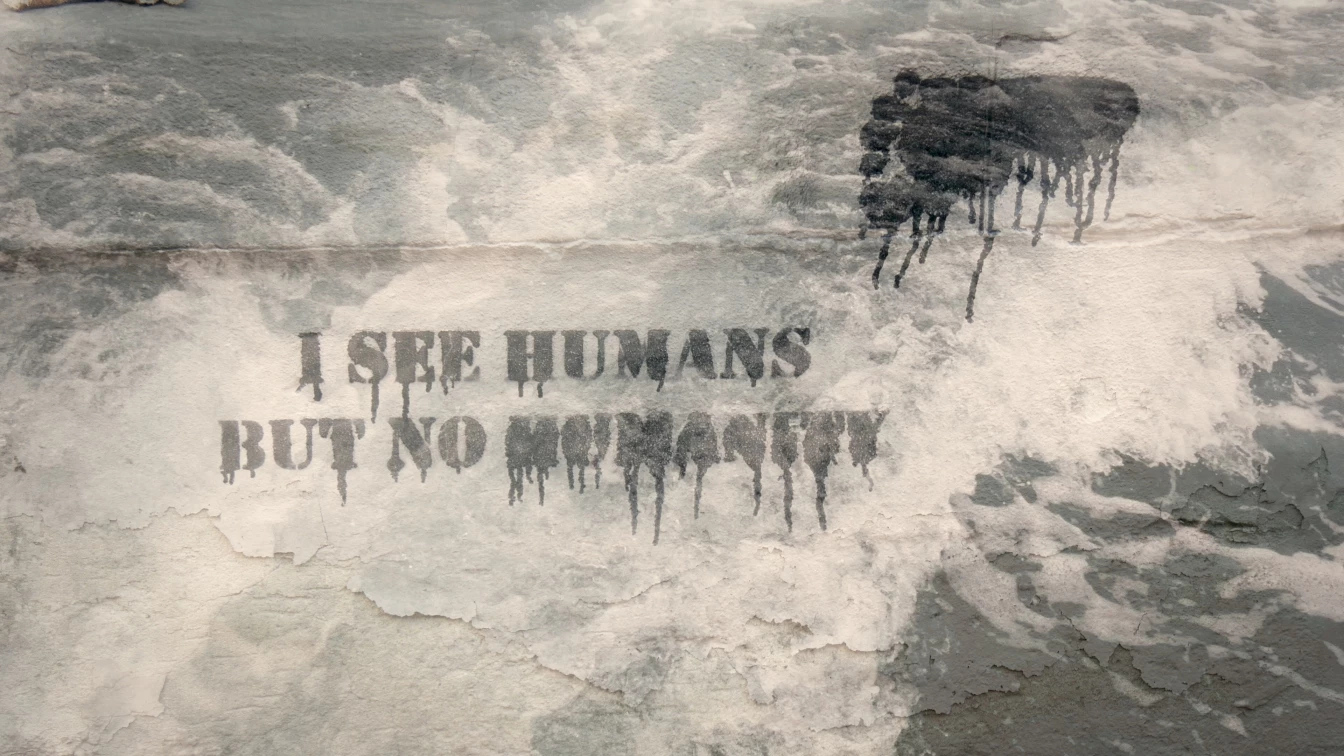
Oliver Ressler, stills from There are no Syrian refugees in Turkey, 2016.
November Paynter: You first started to explore processes of migration and immigration regulations in the 1990s before the refugee crises became daily headline news. Can you describe what spurred you to focus on issues of migration in your practice?
Oliver Ressler: In 1995 I started collaborating with the Viennese artist Martin Krenn, at a time when the far-right wing FPÖ (Freedom Party of Austria) was becoming stronger and stronger in Austria. The politics and discourse of the social democratic/ conservative government in power shifted towards the right also. In a series of projects we worked on for a couple of years in public spaces in Vienna and Graz, we focused on right wing ideology, how schoolbooks establish identification with the nation, the newly set up detention centres for refugees, and state-regulated racism. At that time, Austria was already in the Schengen zone but not the neighbouring countries – Slovenia, Hungary, Slovakia and the Czech Republic. Half the Austrian borders were Schengen external borders and therefore significant zones for all kinds of documented and undocumented movement. In one project, Border Crossing Services (2001), Krenn and I focused on human smuggling but used a term with a positive connotation – "Fluchthilfe" (escape aid) – in order to highlight the need for services that help people to cross borders illegally. Due to the restrictive policies of the European Union (EU), asylum seekers depend on human smugglers to get a chance to apply for asylum in European states, since the legal possibility for them to enter the EU was annihilated.
N.P: Wherever your work takes you, the EU and its policies seem to play a central role; can you discuss how you see the EU as a pivotal player in global conversations and regulations around migratory movements?
O.R: Even though there are major differences in the legislation, I think there are also common elements in the ways the United States, the EU or Australia attempt to control and limit migration. But the EU is geographically much closer to central war regions. The Syrian coast is just 100 km away from EU member Cyprus. The wars of the US and European allies in Afghanistan, Iraq, Libya and Syria destroyed these countries and turned millions into refugees, many of whom attempt to reach Europe. But borders don't only control mobility, they also restrict rights. They create specific groups of migrants who, due to their insecure legal situation, are being pushed into forms of hyper-exploitation. An increasingly large part of the immigrant population is forced to live and work under conditions of constant terror and insecurity. This is not simply a side effect of current border regimes, but politically intended.
N.P: Can you describe more precisely what you mean when you say that borders are used as a tool to develop specific groups of migrants? Do those you interview believe that there is often a policy in place that sets out to organise people into segregated groups before they even attempt to apply for asylum?
O.R: Borders have become tools for managing, governing and calibrating the movement of people (and of course of goods and other things as well). Borders can be imagined as a kind of membrane that lets certain movement through and blocks others. Their fictive nature (rather like the fictive nature of nations) does not make them less real in their effects. Borders are a central element in configuring the capitalist world, through the creation of zones with different modes of labour, different kinds of exploitation and different forms of consumption. All Syrian refugees are aware that they are not welcome by the European states, a fact that many will consider cynical given the permanent military, political and economic interventions of European states in the Arab world. And the Syrians see they are being misused like a card in a political game between Turkey and the EU – a game they hardly have any influence in.
N.P: The work you produced in Istanbul this summer was filmed immediately after the failed coup d'état of 15 July. The production dates had already been fixed and clearly this traumatic event unintentionally permeated the conversations you shared with Syrian refugees. How did your approach to the work and the resulting piece change as a result of this unexpected timing?
O.R: Having started to film shortly after this attempted coup d'état in Istanbul I realised how much the coup – which from a distant position appears to have nothing to do with the Syrian refugees in Turkey – affects their lives. In my film There are no Syrian refugees in Turkey (2016), a Syrian refugee argues that there is a collective memory that any political change affects the weakest link in the chain first – and Syrian refugees are the weakest link in Turkish society. Low-flying fighter-jets and military helicopters above the main cities during the attempted coup had a traumatic impact on many Syrian refugees who have fled war and were hoping for a safe life in Turkey. The presence of three million Syrian refugees in Turkey is connected with AKP (Justice and Development Party) being in power, and any change in power could eventually question the status of these "guests" (as they are officially described in Turkey). Several of the scheduled interviews for my film got cancelled and it was much harder than it would have been under usual circumstances to find people willing to speak in a situation of fear and uncertainty. Nobody knew what would happen next... As a filmmaker, I have a responsibility towards the people who participate in the film, so I decided the speakers would only be heard but not seen. Their anonymity is maintained as a precaution against repression and unwanted consequences of all kinds.
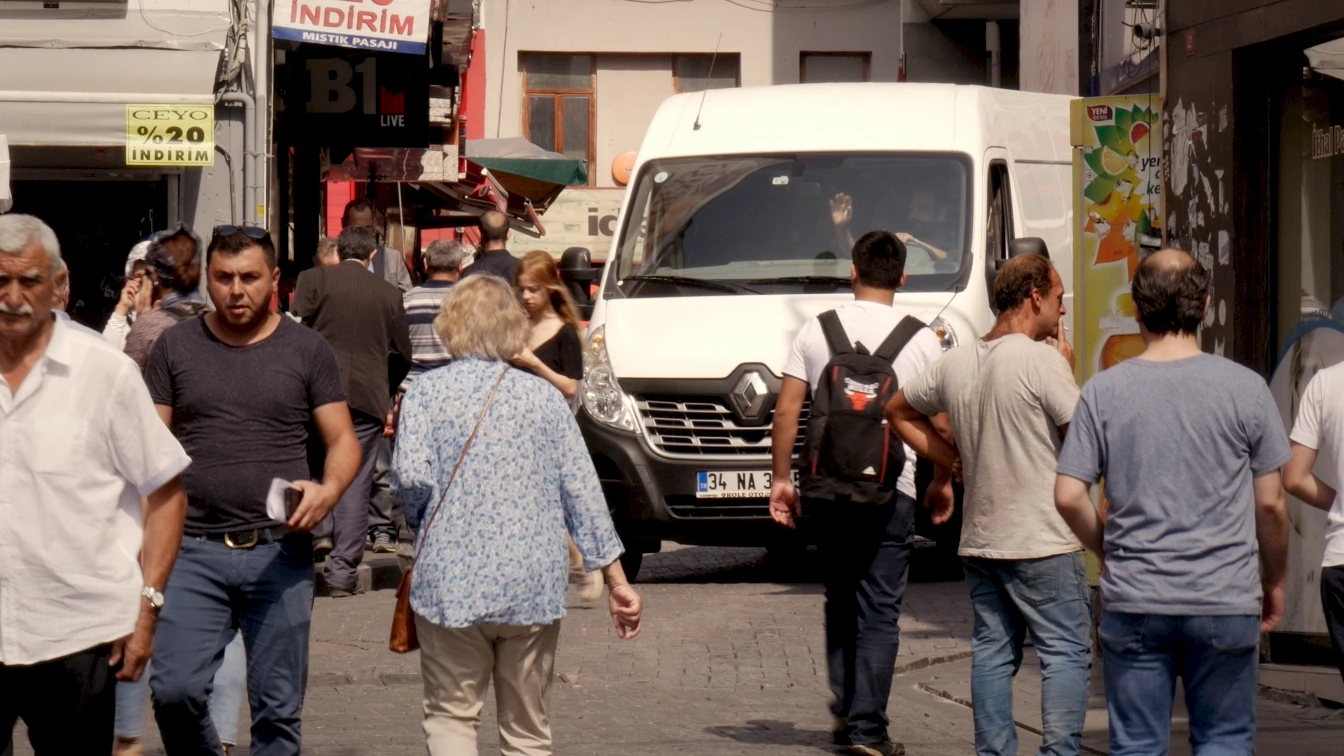
Oliver Ressler, stills from There are no Syrian refugees in Turkey, 2016.
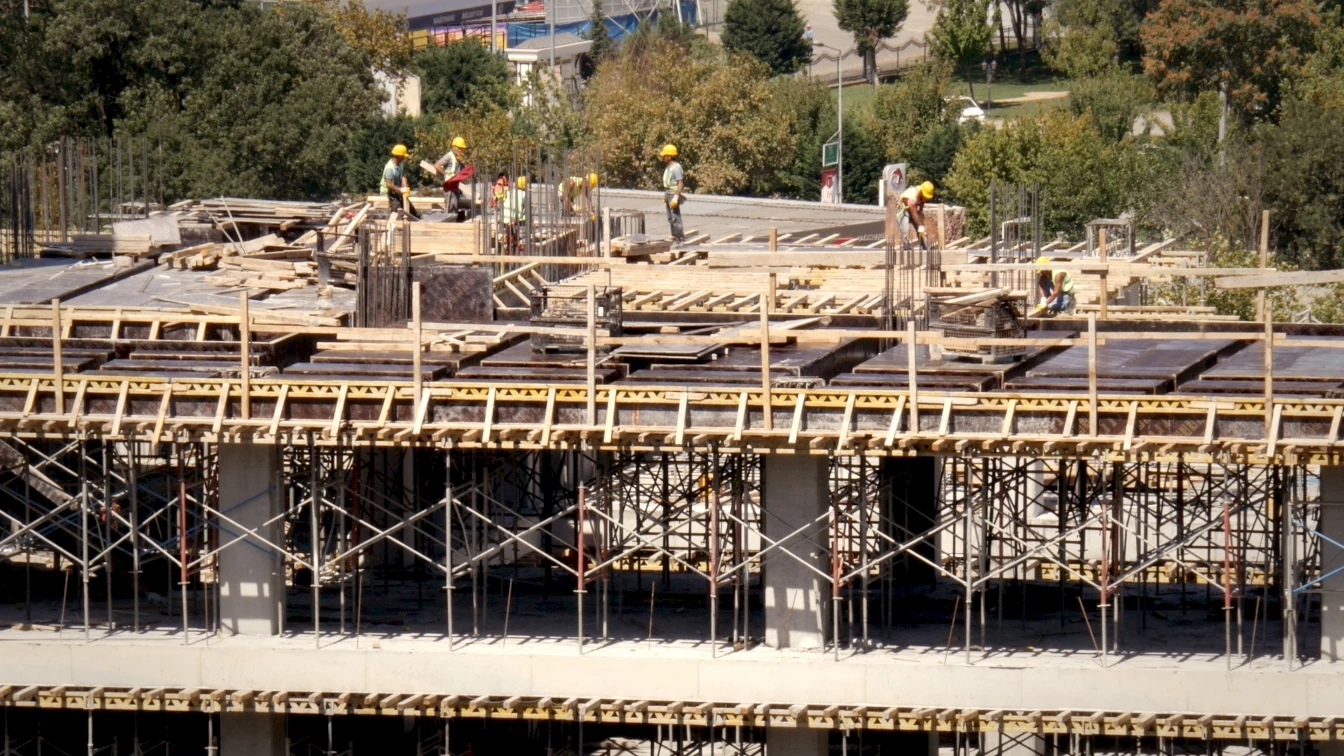
Oliver Ressler, stills from There are no Syrian refugees in Turkey, 2016.
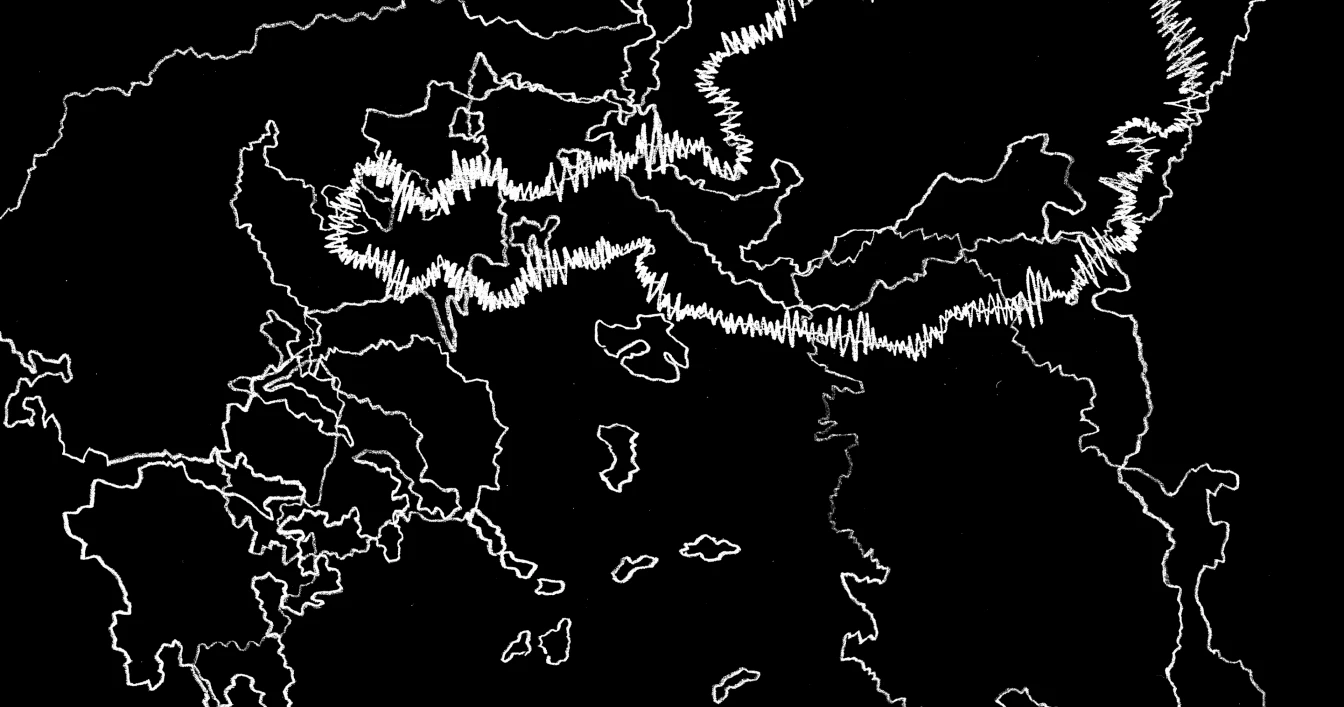
Oliver Ressler, Emergency Turned Upside-Down, 2016.
N.P: Can you explain why your research has tended to focus on the conditions the refugees experience once they are in some way settled or attempting to settle in an urban context, rather than camps or other governmentally-zoned structures?
O.R: I was curious to find out what drives these people who decide not to attempt to apply for asylum in Europe, or access one of the refugee camps in Turkey. In Istanbul, the refugees try to survive without any governmental support by working in the informal labour market and renting cheap apartments. It is a more active way of taking your destiny into your own hands – even though it has to be acknowledged that these people are facing severe forms of exploitation due to their unstable legal situation. As often in my work I define a certain framework I am interested in and do research trying to learn as much as possible from the people who decided to live in these conditions. An important conceptual decision was not only to make a film about the personal situation of the refugees, but also to provide a space for an analysis of the Turkish and EU politics through Syrian refugees. To produce a film was my method to bring some of these stories, analysis and political viewpoints together.
N.P: You have looked at both the tragedies of the refugee crisis and the potential for people to self-organise and find ways to exist – have you found any positive developments in political policies around migration, and in particular moments where the activism of refugees or others has sparked change?
O.R: Crossing borders without valid papers is a political act. This act questions borders and confronts the excluding concepts of citizenship and the nation state. For the most part of human history, people moved freely without being criminalised, and I think in the long term we need to set up a global system that grants free movement as a right for everyone. The so-called "summer of migration" of 2015 was definitely one of the strongest and most inspiring occurrences I have ever experienced; when the directed will of hundreds of thousands of refugees to cross the EU borders caused the Schengen system to collapse – at least for a couple of weeks. What a success! But there are also numerous inspiring acts of solidarity, like anti-fascist motorcycle groups establishing patrols in immigrant neighbourhoods in Athens to prevent racist attacks. Even though such activities are criticised as mainly symbolic, they also create a new climate and self-confidence.
N.P: The narration in your film Emergency Turned Upside-Down (2016) proposes that borders can't just be opened but must be erased in order to ensure true freedom of movement and emancipation. What are the inspirations for the text and the fictional narrator's character?
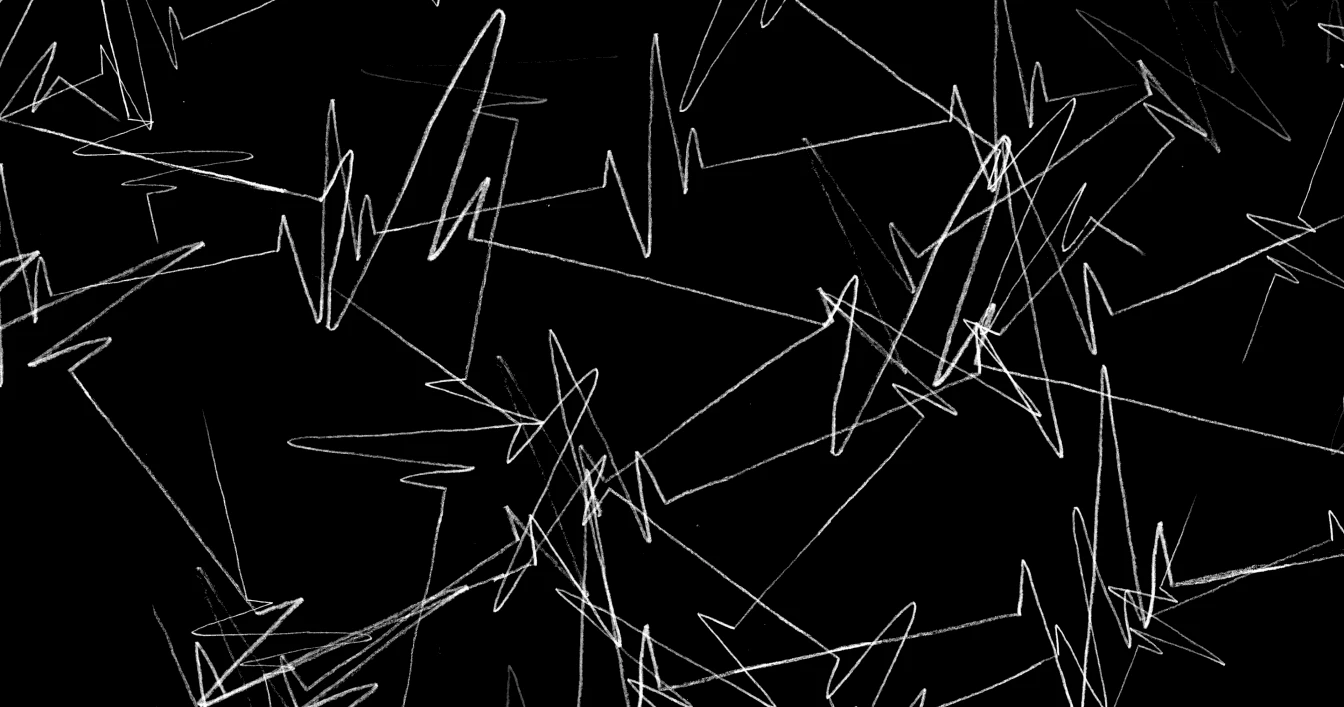
Oliver Ressler, Emergency Turned Upside-Down, 2016.
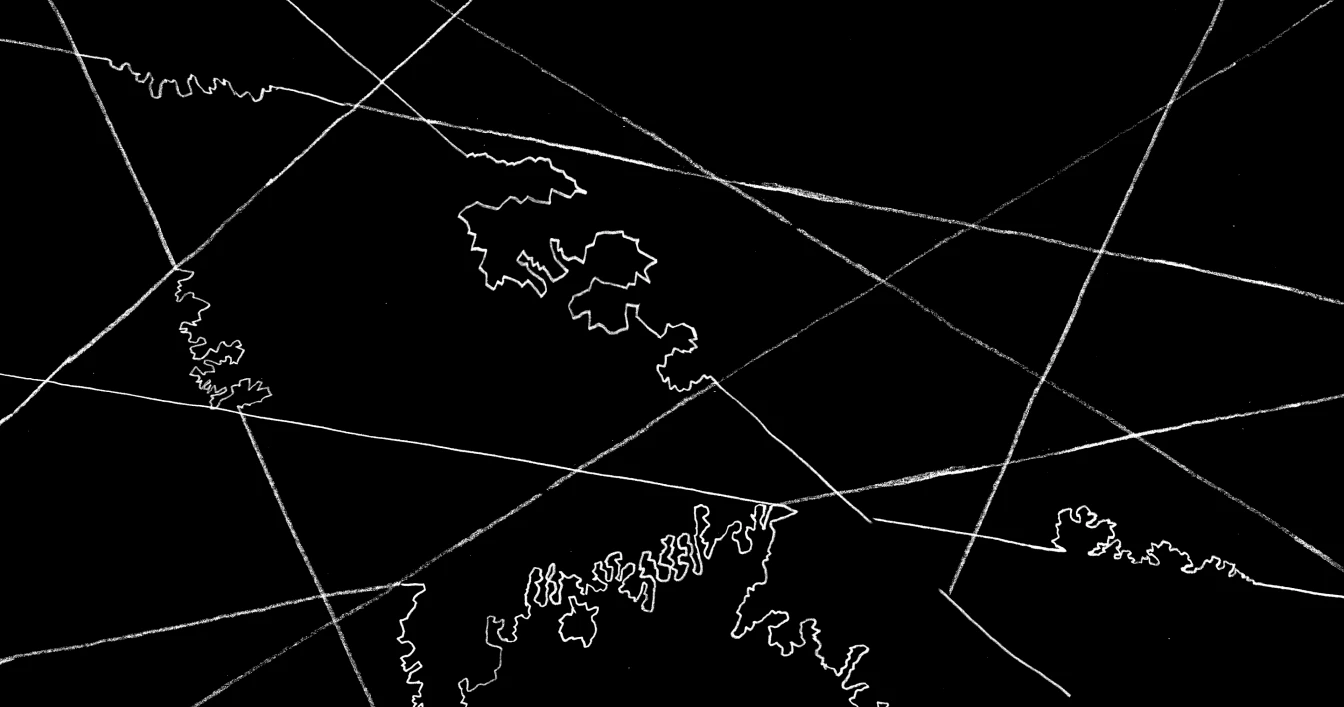
Oliver Ressler, Emergency Turned Upside-Down, 2016.
O.R: This is not an easy question to answer because in the past years I have been working with so many social movements, activists and political thinkers, that sometimes I get the impression that one of the few common grounds for these diverse groups is the feeling that the erasure of borders is a major condition for much needed global justice and re-distribution. When working on the text for the film with my co-author Matthew Hyland, Sandro Mezzadra and Brett Neilson's book Border as Method, or, the Multiplication of Labor (2013, Duke University Press) served as a great inspiration. In the past months, even for privileged EU citizens it became visible how quickly previously open borders can easily be closed again. If we take concepts of a global citizenship seriously, the dissolution of borders is a major step. More mainstream thinking people might regard this as utopian. On the contrary, I have the sense that today it is more utopian to believe that the current political shape of the world with an insane and criminal division between incredibly rich people and corporations and billions of people who have almost nothing will continue, than to believe in major changes and ruptures – that may also lead towards a dissolution of borders.
Oliver Ressler's work There are no Syrian refugees in Turkey (2016) premiered in his exhibition Who Throws Whom Overboard at SALT Galata, Istanbul (23.11.2016 – 15.01.2017).